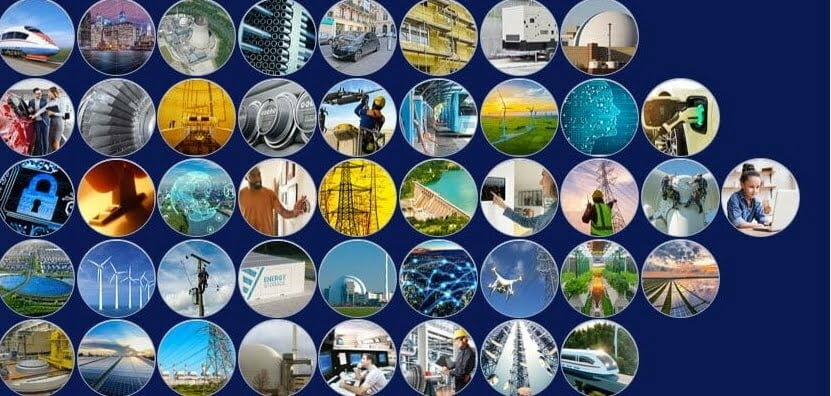 (Credit: Electric Power Research Institute)
(Credit: Electric Power Research Institute)The Electric Power Research Institute (EPRI), a leading think tank for the power sector, has published its 2021 list of sustainability priorities for the North American power sector, based on extensive research conducted in 2020 with U.S. and Canadian stakeholders.
Sustainability priorities, often referred to as sustainability materiality issues, are important for companies to guide their sustainability strategic planning processes, stakeholder engagement efforts and corporate reporting. A material sustainability issue is “an economic, environmental, or social issue on which a company has an impact, or may be impacted by,” according to New York University, and may also affect stakeholders' decisions with respect to the company. Currently, there is no formal or mandated monetary threshold applied to determine what is, or is not, considered material in the sustainability context. Many companies, especially large publicly traded ones, identify their own unique set of sustainability priorities on a regular basis, and include them in their sustainability reports and related disclosures.
Last completed in 2017, EPRI’s refreshed list of sustainability priorities were developed through a 3-phased research process:
The 2021 list of sustainability priorities -- “economic, environmental and social factors that have the potential to influence the long-term value creation of an electric power company and their stakeholders” -- include the following, half of which are focused on environment and energy issues:
Additionally, and new for the 2021 assessment, EPRI identified Governance, Innovation, and Risk Management as key sustainability management elements, as well as Circular Economy, Human Rights and Just Transition as emerging sustainability priorities.